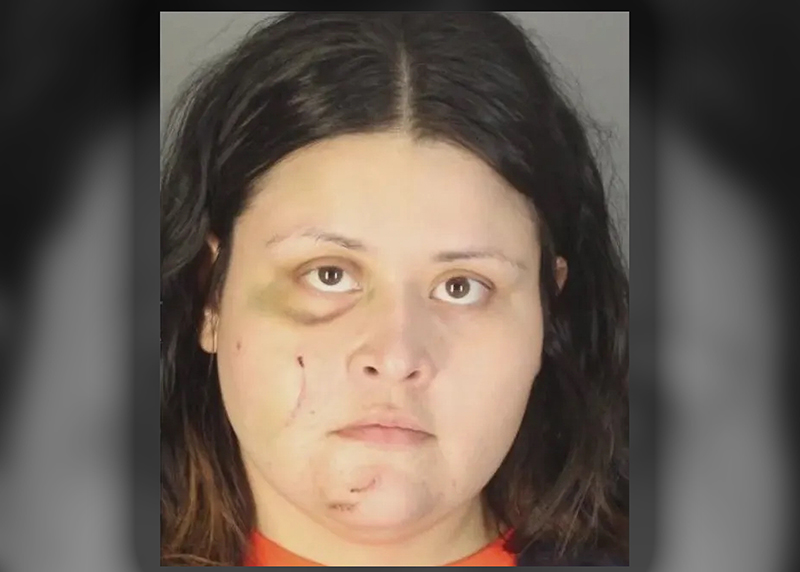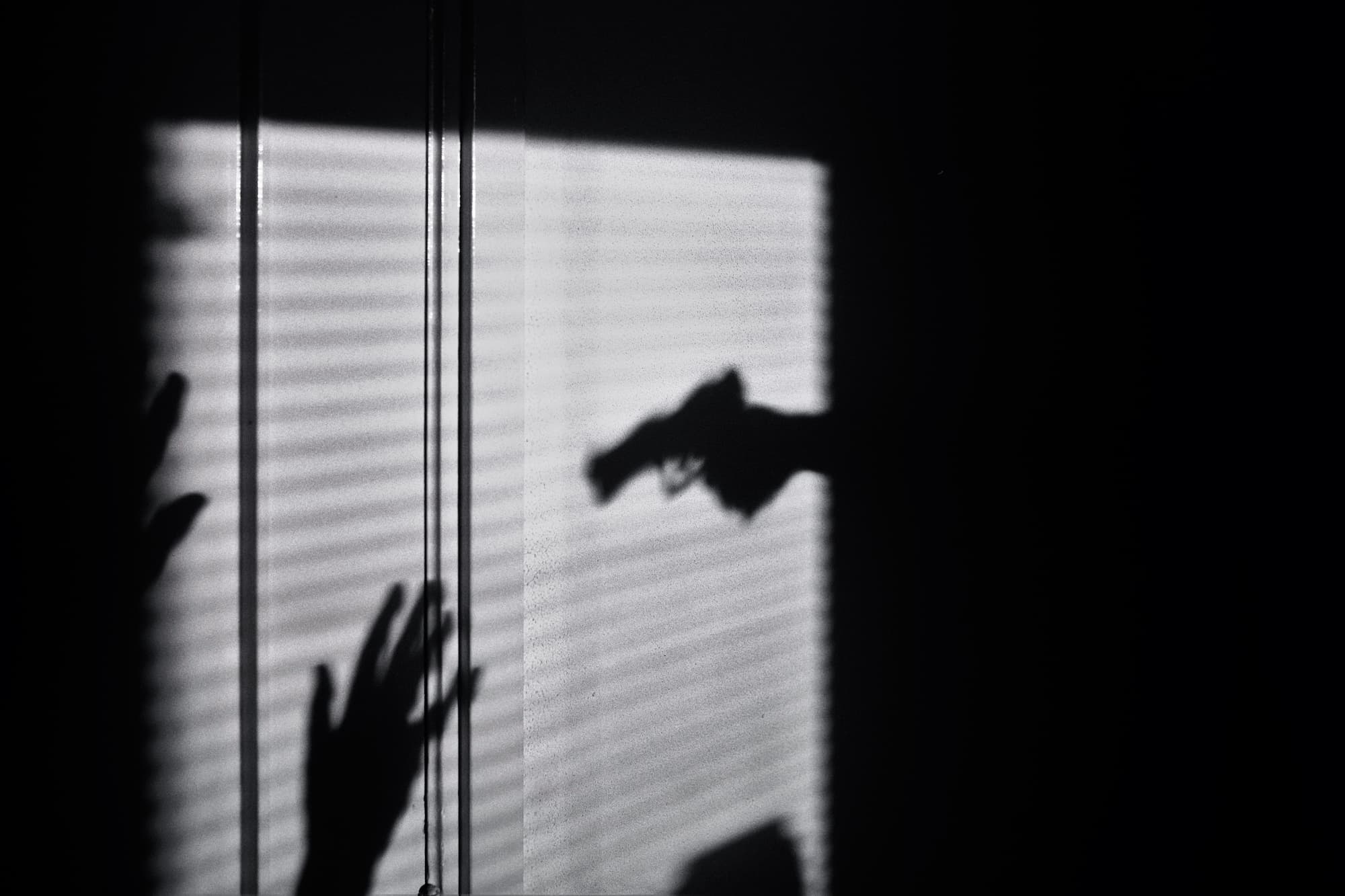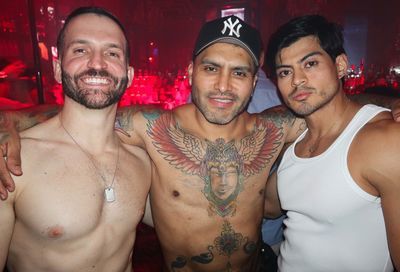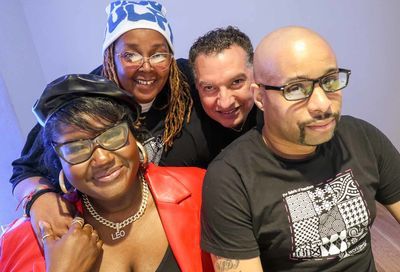Transgender woman shot to death in D.C. suburb of Fairmount Heights
Vigil for 27-year-old Ashanti Carmon to be held at 6:30 p.m. on April 2 near Aspen and Jost streets

Police in Prince George’s County, Md., are investigating the shooting death of a transgender woman in the D.C. suburb of Fairmount Heights.
Fairmount Heights Police responded to reports of gunshots fired near Eastern Avenue NE, near the D.C.-Maryland border, around 6:30 a.m. on Saturday, Mar. 30, reports NBC News.
Police found 27-year-old Ashanti Carmon, of Alexandria, Va., dead from multiple gunshot wounds near the intersection of Aspen and Jost streets in Fairmount Heights.
Officers could not initially identify Carmon, but her family later identified her body.
Fairmount Heights Police Chief Stephen Watkins told NBC News that there were no immediate suspects.
The case has since been turned over to Prince George’s County Police for further investigation.
Carmon’s fiancé, Phillip Williams, told NBC affiliate News4 Washington that he could not think of any reason why someone would want to hurt her.
He said they had gone to a movie and dinner on Friday night, and he had not heard from her since she went out with friends while he was at work.
“Until I leave this earth, I’m gonna continue on loving her, in my heart, body, and soul,” Williams said. “She did not deserve to leave this earth so early. Especially in the way she went out, she did not deserve that. … I’m gonna miss her face every day. I’m gonna miss her smile. I’m gonna miss every inch of her.”
Local transgender and LGBTQ organizations have organized a press conference at 6:30 p.m. in the 5000 block of Jost Street, followed by a candlelight vigil in Carmon’s memory. Funeral arrangements have not yet been made public.
Transgender activist Earline Budd, who works at HIPS, Inc., a transgender and sex worker advocacy organization, said she knew Carmon not as a client, but socially, as many transgender woman come to HIPS’ location because it is considered a “safe space” for members of the community. She last saw Carmon seven days ago.
“It hurts. It hurts to the core,” Budd told Metro Weekly. “And it hurts because we’re talking about a young transgender woman, 27 years of age, just gone too soon. She had so much to live for. Just to know that her life has been taken, and in such a tragic way, the fact that she was shot multiple times and left on a road to die. It’s sad.”
Budd said she hopes that someone will come forward with more information about the shooting, even if they have to do so anonymously.
“I can’t call it hate. I don’t know what happened. I don’t know what led up to it,” Budd said. “Typically, my understanding is that there are usually girls out there. We’re talking about a couple of feet over from Eastern Avenue onto a side street called Jost? So I just feel like somebody knows more. … All we can do is plead that someone comes forward with information. I believe that eventually something will come out that will shed more light on what happened.”
But Budd notes that even though there has been a history of anti-transgender attacks or robberies in the Eastern Avenue corridor in recent years, transgender women — and not just those engaging in survival sex — have no place to congregate in the D.C. metro area, and therefore end up congregating in public places, like along the Eastern Avenue corridor.
“We don’t have anywhere in this city now to go, with the Bachelor’s Mill closing, — which was somewhat dedicated to LGBTQ, and trans people used to go there — as well as Nob Hill, the Brass Rail, we have nothing anymore,” Budd said. So the streets are the place where we congregate with our friends. And sometimes we are preyed upon.
“With the administration we have now, the Trump-Pence administration, it has done nothing for us as transgender people,” she added. “In fact, it more or less validates that it’s all right to kill us, to do anything you want to us, because we are transgender people.”
According to a report from the Human Rights Campaign, 2017 and 2018 saw record numbers of murders of transgender women, 82% of whom were transgender women of color, and 64% of whom were under the age of 35.
Support Metro Weekly’s Journalism
These are challenging times for news organizations. And yet it’s crucial we stay active and provide vital resources and information to both our local readers and the world. So won’t you please take a moment and consider supporting Metro Weekly with a membership? For as little as $5 a month, you can help ensure Metro Weekly magazine and MetroWeekly.com remain free, viable resources as we provide the best, most diverse, culturally-resonant LGBTQ coverage in both the D.C. region and around the world. Memberships come with exclusive perks and discounts, your own personal digital delivery of each week’s magazine (and an archive), access to our Member's Lounge when it launches this fall, and exclusive members-only items like Metro Weekly Membership Mugs and Tote Bags! Check out all our membership levels here and please join us today!























You must be logged in to post a comment.